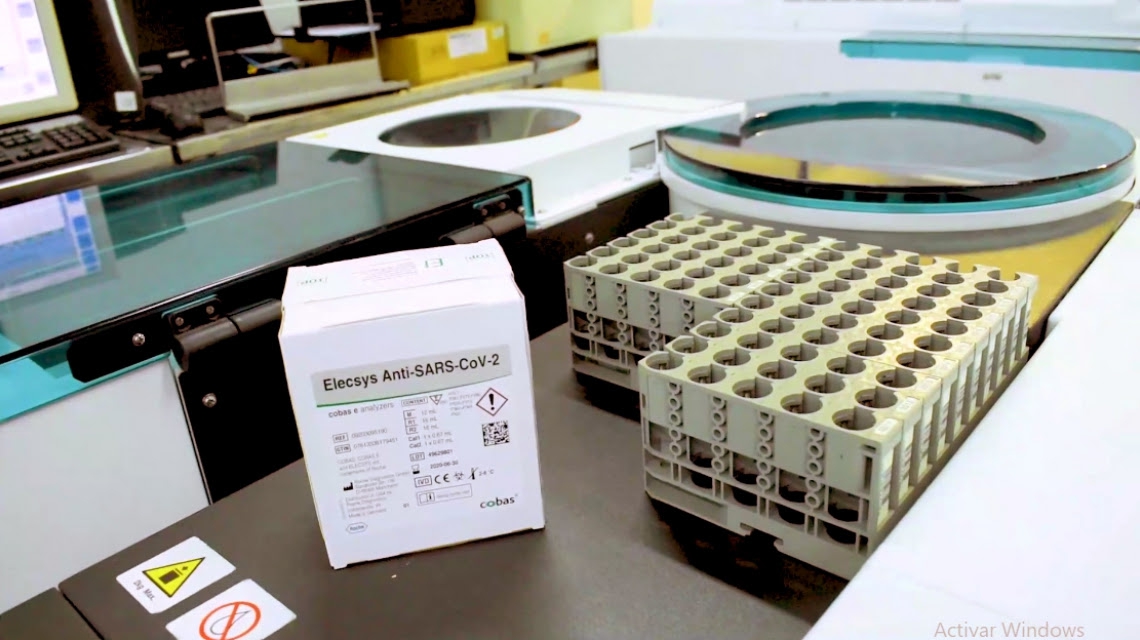In this regard, the director of the effector, Jorge Kilstein said: "The importance of this new laboratory for the region is that we will perform the corresponding analyses without sending samples to other towns or specialized laboratories, as it has been done so far".
"This lab will have a very advanced technology system called PCR Digital Droplet, which will allow us to do sample testing in large quantities at once. This would allow us to achieve greater results across the region in the short term in COVID-19 testing," he continued.
In turn, the director spoke of the implementation of this development, beyond the Coronavirus pandemic, and stressed: "We will have a real pcR time that is a team that will allow us not only to make detections of COVID-19, but it is also intended for dengue, hantavirus and other emerging pathology tests."
THE IMPORTANCE OF INCORPORATING PCR DIGITAL STUDIES
The PCR Digital Study (Droplet Digital PCR) has as an advantage over the conventional PCR currently used (qPCR), which can quantify the viral load (number of viruses present in the sample) with 10 times greater accuracy than the conventional one. This provides a huge advantage when that viral load is very low, as viral load is one of the common reasons for "false negatives" produced with qPCR-based diagnostics.
Another additional advantage is that all open code detection kits designed for conventional qPCR can be processed through ddPCR but with the advantages mentioned for this technology. And it is also less sensitive to interference present in low quality samples.
False negatives can be corrected primarily when a sample comes from a subject or patient that meets all the characteristics of a "clinical case of COVID19" but its qPCR results are not conclusive.
In addition, the cost of monitoring the population is cheaper and more samples can be studied in a single step, with an investment that results 32 or 64 times cheaper than with conventional qPCR.
